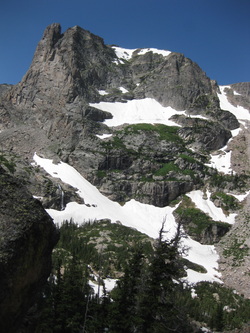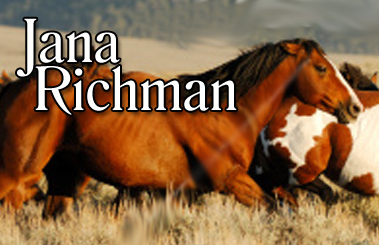Hiking in Rocky Mountain National Park yesterday, I sang—heaven help me—“Rocky Mountain High." I pondered a Henry James novella I’d just read, “The Beast in the Jungle.” Because I wore brown-tinted sunglasses, the beetle-kill pines stood out on every slope, and I could not feel anything but implicated in and convinced of our changed planet.
In James’ story, the hero John Marcher misses the event of his lifetime. He feels chosen by an obscure destiny, waiting as if anointed for some beast to leap onto him and render his life profound. May Bartram, the only friend who knows of his obsession, stands beside him for decades, waiting, but Marcher’s self-absorption is so complete he only realizes when flinging himself on May’s grave that he has missed out on her love. That was his unrecognized beast.
The twists and turns of James’ syntax far exceed plot points, and I dismissed “The Beast in the Jungle” as a windy staid study in the human ego; profound—the beast is within not without us—and a dated sleeper written by a man who spent all his time indoors.
But as I hiked the thousand feet up toward Lake Helene, surrounded by vast browning slopes, the power of his novella came at me from an unexpected quarter, haunting my climb. James’ protagonist fit perfectly our environmental dilemma: we cannot really love the earth, though it offers itself, so we use it and simultaneously feel cut off from it, valuing our self-importance more than the opportunity to genuinely live, which makes us unable to stop pillaging, unable to stop missing the point, and we're just about to throw ourselves on its grave in misery and cowardice, like James' hero. Empty, when what is offered us is so full.
I have found no good way to face such a grand-scale environmental demise. Which leaves me in the Jungle with John Marcher.
Whatever you can do to plunge into this love, do it now.
In James’ story, the hero John Marcher misses the event of his lifetime. He feels chosen by an obscure destiny, waiting as if anointed for some beast to leap onto him and render his life profound. May Bartram, the only friend who knows of his obsession, stands beside him for decades, waiting, but Marcher’s self-absorption is so complete he only realizes when flinging himself on May’s grave that he has missed out on her love. That was his unrecognized beast.
The twists and turns of James’ syntax far exceed plot points, and I dismissed “The Beast in the Jungle” as a windy staid study in the human ego; profound—the beast is within not without us—and a dated sleeper written by a man who spent all his time indoors.
But as I hiked the thousand feet up toward Lake Helene, surrounded by vast browning slopes, the power of his novella came at me from an unexpected quarter, haunting my climb. James’ protagonist fit perfectly our environmental dilemma: we cannot really love the earth, though it offers itself, so we use it and simultaneously feel cut off from it, valuing our self-importance more than the opportunity to genuinely live, which makes us unable to stop pillaging, unable to stop missing the point, and we're just about to throw ourselves on its grave in misery and cowardice, like James' hero. Empty, when what is offered us is so full.
I have found no good way to face such a grand-scale environmental demise. Which leaves me in the Jungle with John Marcher.
Whatever you can do to plunge into this love, do it now.

